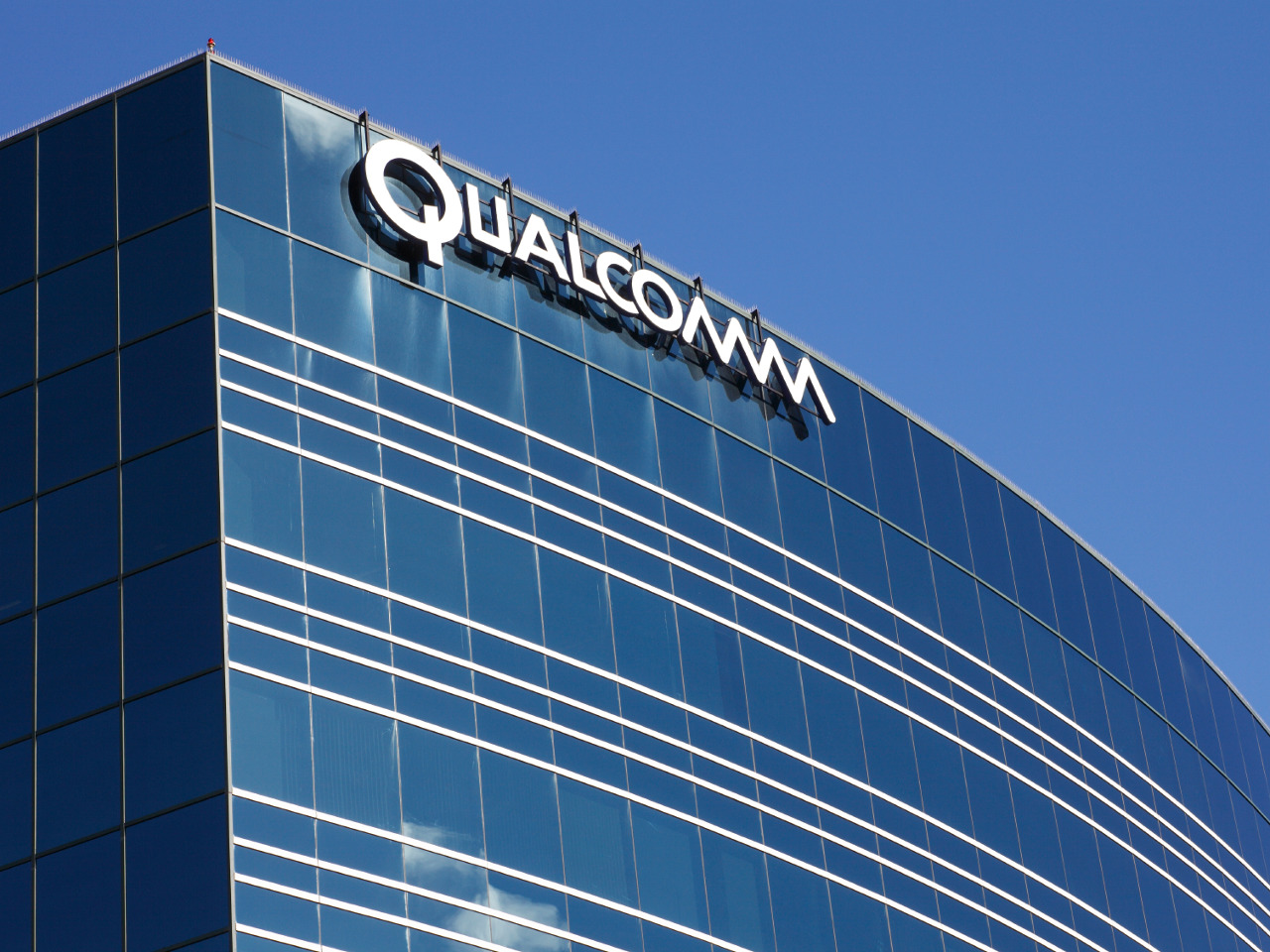Apple has expanded its legal actions against Qualcomm's broadband modem chip licensing tactics in China's Intellectual Property Courts, and is seeking 1 billion yuan ($145.3 million) in damages based on iPhone sales in China alone.
In a filing on Wednesday, Apple is alleging the same thing that it has in its suit against the chip manufacturer in the U.S. Apple asserts the Qualcomm is abusing its dominant market position in China to effectively extort unfair licensing fees out of the iPhone manufacturer, and is seeking recompense, and a cessation of potentially illegal licensing tactics.
"These filings by Apple's Chinese subsidiary are just part of Apple's efforts to find ways to pay less for Qualcomm's technology," Qualcomm general counsel Don Rosenberg said in a statement to Reuters. "Apple was offered terms consistent with terms accepted by more than one hundred other Chinese companies and refused to even consider them."
In Apple's U.S. court filing on Friday, Apple accused Qualcomm of exploiting its "monopoly power" to dodge FRAND (fair, reasonable and nondiscriminatory) patent commitments, for instance charging "extortion-level" rates for standards-essential patents.
Above all, Apple suggested that Qualcomm withheld rebates as retaliation for it cooperating with enforcement agencies, and even tried to get Apple to lie to the U.S. Federal Trade Commission (FTC) in exchange for releasing money. Both Apple and the FTC have claimed that Qualcomm forced Apple into an exclusive chip supply deal between 2011 and 2016, making that the condition of rebates.
Qualcomm has been found guilty in China of market power abuse in the past. In Feb. 2015, the company paid a $975 million fine after a 14-month probe by the government that accused it of the same behavior that Apple is alleging.
The iPhone 7, released last September, is Apple's first iPhone model to use two LTE modem suppliers possibly as an attempt to escape a Qualcomm monopoly, with the second supplier Intel.
 Mike Wuerthele
Mike Wuerthele








 Charles Martin
Charles Martin
 Christine McKee
Christine McKee
 Wesley Hilliard
Wesley Hilliard
 Malcolm Owen
Malcolm Owen
 Andrew Orr
Andrew Orr
 William Gallagher
William Gallagher
 Sponsored Content
Sponsored Content







10 Comments
I'm not sure what will happen in the US, but I think it's very likely Apple will win this in China.
Qualcomm's licensing tactics are quite odious. It would be like the entire automobile industry being held hostage by a single tire manufacturer holding onto vital patents. And then charging a royalty on the entire vehicle rather than the tire itself. Arguing that a vehicle is operationally useless without the tire like Qualcomm maintains with respect to their cellular patents. There would be no phone without the baseband radios. But there would be no automobile without the tires. Yet Goodyear does not hold the automobile business hostage like Qualcomm does to the cell phone business.
Apple could have done the same with WiFi. They did not. Wifi is now universal with very reasonable licensing fees.
Qualcomm is finished as a company. Their aspirations for taking Intel's server chip business are also over.
Qualcomm's Snapdragon chip development will also come to a standstill. Samsung, LG and Huawei can move away from QCOM modems and no one else in the industry apart from Apple will be able to follow. Samsung can move off of Android and over to Tizen. LG can move to WebOS and Huawei will likely remain Android but can make demands on Google.
Mediatek makes low cost ARM CPUs but they do not manufacture cellular modems. Intel is likely to give Apple preferred customer status for its modems and can invest large sums to ensure their baseband modems are cutting edge.
With the loss of Apple and likely Samsung as clients, 40% of Qualcomm's revenues are lost. They will not have the capital to compete with Intel over the long term, much less Samsung in baseband technology, never mind the Snapdragon SOCs.
This development was coming.
Jobs would be pleased. This would have been the thermonuclear event he would have wanted to see brought against Android. Samsung can put their highest performing Exynos CPU and hardware developments in their own Tizen line of phones.
Android can be relegated to the dust bin.